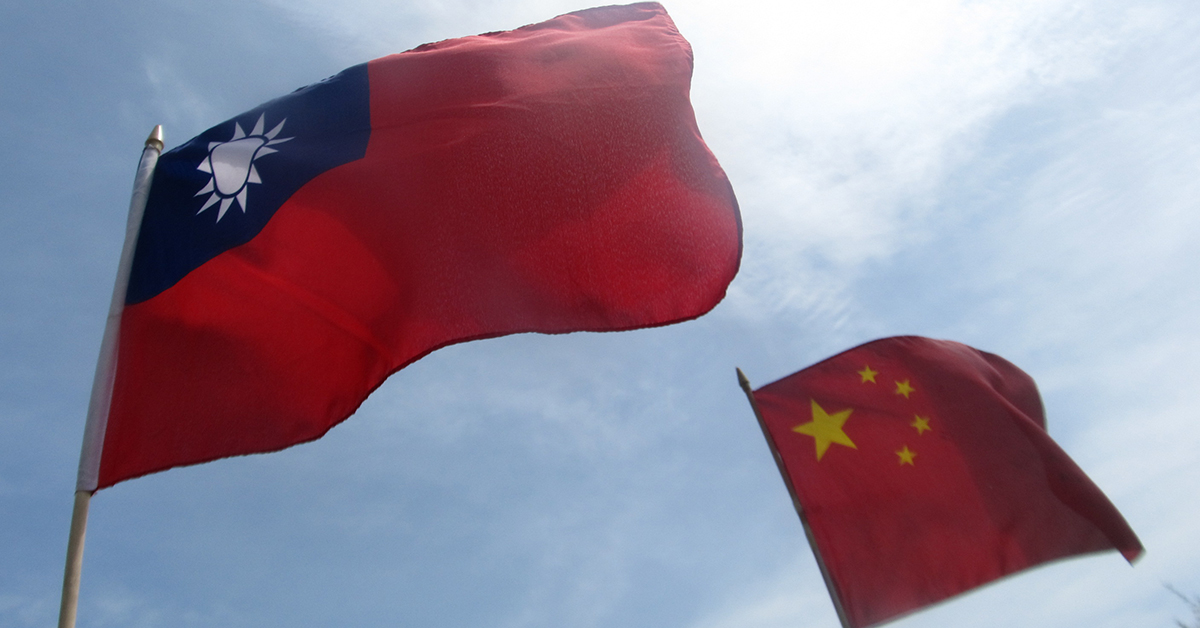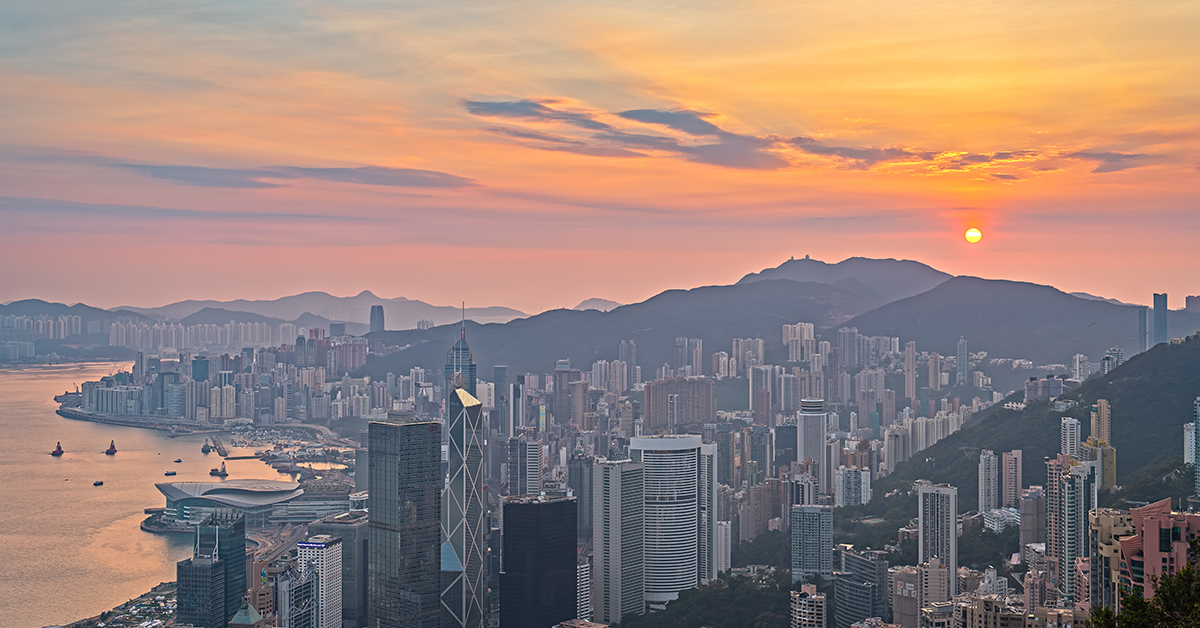This was published by the China Global South Project on 19 November 2021. China Foresight is affiliated with the China Global South Project and regularly provides opinion pieces for the weekly IDEAS China Global South newsletter. Click here to subscribe to the newsletter.
To those of us observing China from the outside, the internal politics of the Communist Party of China (CPC) often seem obscure, like a black box. However, these internal struggles give us a sense of where the Party is heading and how this may affect China’s foreign policy and by extension China’s relationships with the Global South.
Three events over the last week shed light on this issue.
Last Thursday, the CPC passed a “historical resolution” consolidating Xi Jinping’s status alongside Chairman Mao and Deng Xiaoping in the country’s political history. Chun Han Wong and Keith Zhai of the Wall Street Journal point out this document “omits the previous resolution’s criticism of the pernicious effects of Mao’s personality cult, which Deng later used to justify the introduction of term limits.” MERICS Analyst Valarie Tan also argues the resolution smooths the path for Xi to seek a third term as the Party’s General Secretary at next fall’s 20th Party Congress.
Often dubbed “the Chairman of everything”, this latest declaration reflects how Xi has increasingly tied domestic policy successes to his own personality. This evidently extends to the realm of foreign policy, where it is now more important than ever for Xi to portray China as a successful great power that protects its national interests abroad. Accordingly, Xi’s renewed grip on domestic power has been accompanied by greater pushback from Beijing in the international sphere on climate change commitments, as well as territorial claims over the Sino-Indian border and Taiwan in the context of U.S.-China relations.
China’s handling of the final agreement of COP26 also demonstrates how Xi’s renewed grip on domestic power impacts Beijing’s relations with the Global South. Following the conclusion of COP26 last weekend, President-Designate Alok Sharma expressed “deep disappointment” over China and India’s insistence to water down the language in the final agreement on phasing out coal and fossil fuel subsidies, adding that China and India must “explain themselves to the most climate-vulnerable countries in the world”.
The Director-General of Global Issues at Mexico’s Ministry of Foreign Affairs commented “We have been side-lined in a non-transparent and non-inclusive process,” while Global South nations like Fiji and the Marshall Islands have expressed similar frustrations over being marginalized. This week we have also witnessed China asserting its territorial claims against India, one of its prominent regional competitors in the Global South. Following accusations that China is funding the construction of as many as 600 villages along the ‘Line of Actual Control’ border, agreed by both parties following the brief 1962 Sino-Indian War, tensions between China and India have flared up once more. Previous disputes have resulted in bloody clashes claiming the lives of 20 Indian and five Chinese soldiers last June, marking the first fatalities over the border issue in at least 45 years.
On Monday, Biden and Xi held their first virtual summit, engaging in a “healthy debate” on Taiwan alongside other Sino-U.S. issues. Xi stressed China’s willingness to take “decisive measures” on Taiwan and warned Biden that any US support for Taiwanese independence would be “playing with fire”, adding that “those who play with fire will get burned.” Fiery nationalistic rhetoric about Taiwan is to be expected, but Xi’s delivery of these comments in person may have been for added effect in line with the aforementioned necessity to protect China’s “core interests”.
Beyond Taiwan, the summit has inspired hope for renewed US-China dialogue on trade, perhaps even bolstering the Chinese purchase of US soybeans. This month marks the end of the soybean harvest in the U.S. when prices are expected to be their most attractive. This could impact China’s trade with Brazil and Argentina, countries with soybean markets rivalling the U.S.
The passing of the CPC’s third historical resolution has ensured Xi will play a critical role in shaping China’s relations with the Global South in the years to come. Much like its self-proclaimed leadership of the Third World during the Mao era, China has increasingly positioned itself as a leader of the Global South in contemporary times. However, one must ask: will China’s attempts to lead on the international stage prove fruitful to nations of the Global South over the long term, or will domestic interests continue to dominate at the expense of the Global South? The answer appears weighted toward the latter.
This article gives the views of the author, and not the position of the China Foresight Forum, LSE IDEAS, nor The London School of Economics and Political Science.
The blog image, “18th CPC Congress Beijing Nov 2012“, is licensed under CC BY-NC-ND 2.0.





